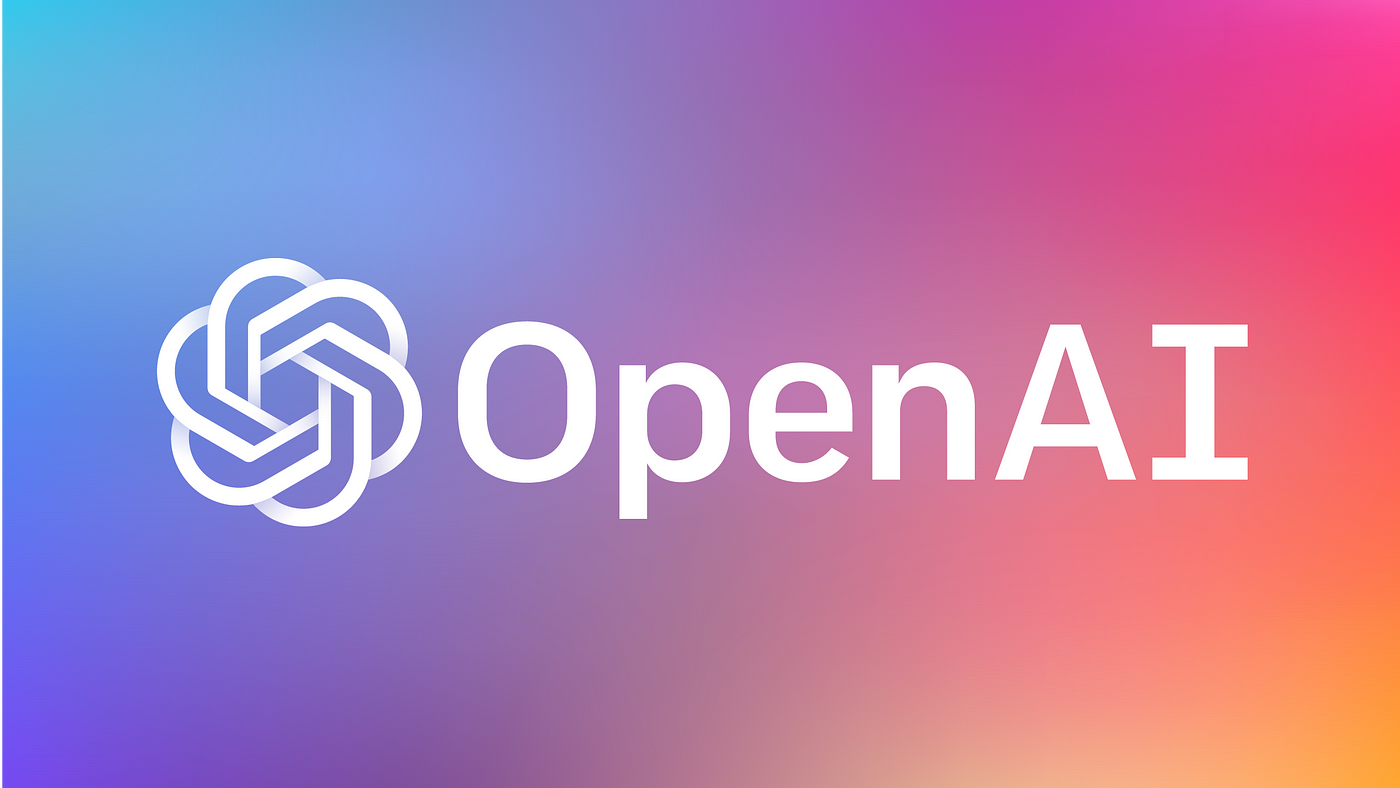
OpenAI has recently dissolved its team dedicated to managing existential AI risks, a decision that has sparked significant discussion within the tech community. This move is part of a broader internal restructuring amidst growing concerns about the direction and speed of artificial intelligence (AI) development at the organization.
Background of the AI Risk Team
The team, known as the “Preparedness” team, was established to assess and mitigate the catastrophic risks associated with advanced AI models. These risks included threats to cybersecurity, autonomous replication, and even potential existential threats like chemical and biological attacks. The team was a crucial part of OpenAI’s strategy to ensure that AI advancements would remain safe and beneficial for humanity.
Internal Dispute and Leadership Changes
The dissolution of the existential AI risk team coincides with internal disagreements over the pace of AI development at OpenAI. CEO Sam Altman has been a strong proponent of accelerating the development of artificial general intelligence (AGI), AI systems capable of performing any intellectual task that a human can. However, this aggressive push towards AGI has met resistance from within the organization, particularly from co-founder and chief scientist Ilya Sutskever.
Sutskever, who played a key role in Altman’s brief ousting from the company, has been leading OpenAI’s efforts to manage superintelligent AI through initiatives like the “superalignment” project. This project aims to develop methods to control AI systems that surpass human intelligence, a task that many within the AI community view as critical but also fraught with speculative risks.
Public and Expert Reactions
The dissolution of the team and the ensuing leadership turmoil have drawn mixed reactions from the public and experts alike. While some argue that the focus on existential risks is overblown and detracts from addressing more immediate AI-related issues like bias, misinformation, and ethical concerns, others believe that such forward-looking measures are essential to prevent potentially catastrophic scenarios.
Sam Altman and his colleagues have suggested that an international regulatory body, akin to the International Atomic Energy Agency (IAEA), should oversee the development of superintelligent AI to ensure that it remains safe and under control. This proposal highlights the complex balance that organizations like OpenAI must strike between innovation and safety.
OpenAI’s decision to dissolve its existential AI risk team reflects the ongoing tensions within the organization regarding the future of AI development. As the company navigates these internal challenges, the broader tech community will be watching closely to see how OpenAI manages the delicate balance between advancing AI capabilities and ensuring their safe and ethical deployment.






















